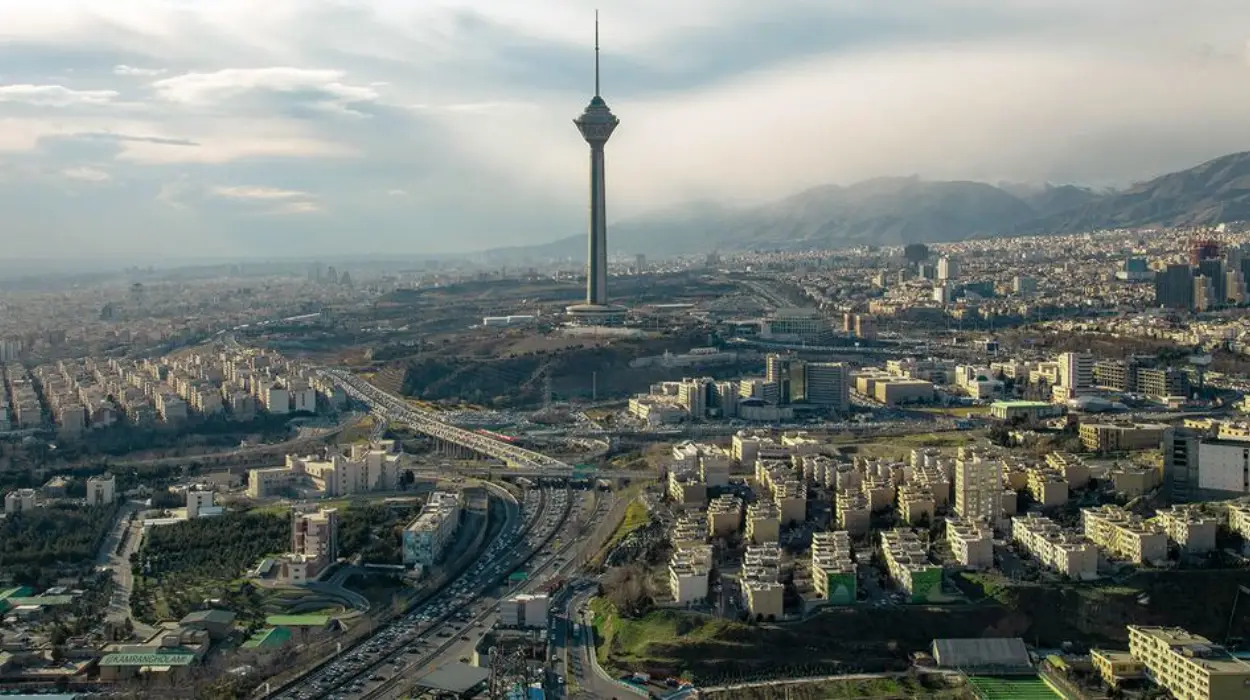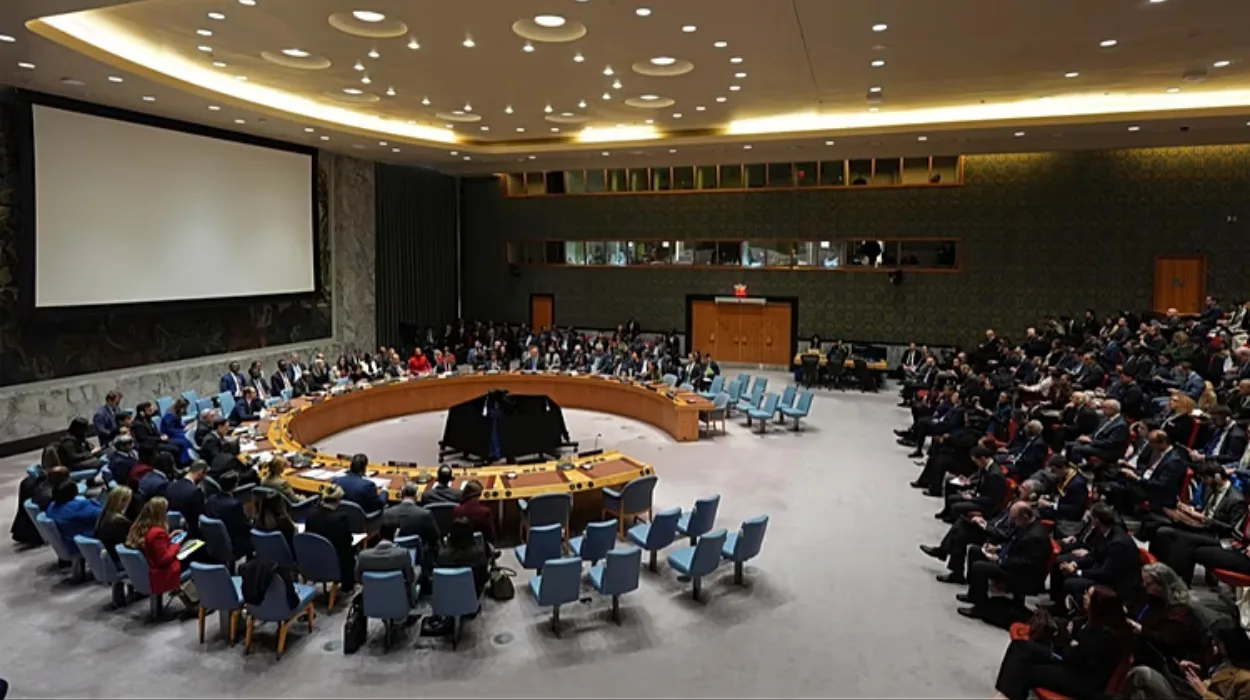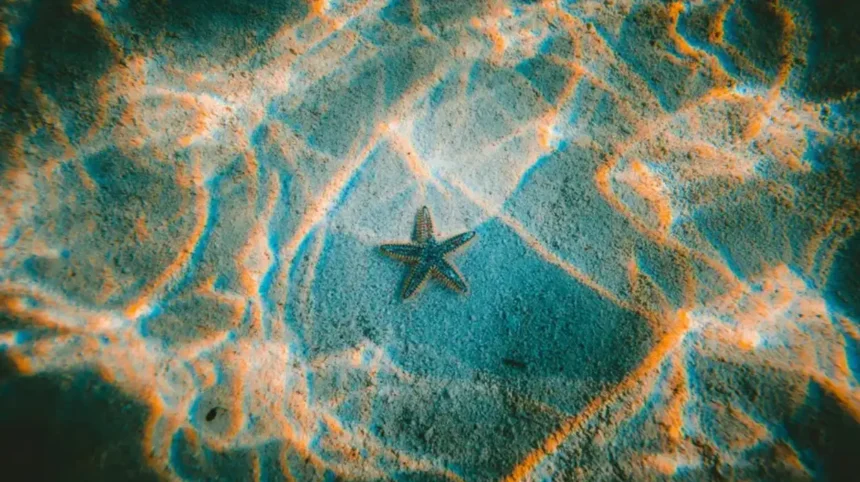The United Nations has declared a global emergency affecting the world’s seas due to increasing temperatures, plastic waste suffocating marine life, and unrelenting overexploitation of fish and other resources. The nations will meet in France next month to address these issues.
What are the key goals of the ocean summit?
In order to address these and other issues affecting the oceans and the people who depend on them for their lives, the third U.N. Ocean Conference seeks to bring together governments, scientists, corporations, and civil society to take action and generate funds.
Conference Secretary-General Li Junhua expressed his hope to reporters on Tuesday that the conference would not just be another ordinary gathering but rather a crucial chance to spur action and rally people worldwide and in all sectors.
“We highlight the vital importance of a healthy and resilient ocean for sustaining life on Earth, guaranteeing global food security, and aiding billions of people’s lives,”
the final draft states.
It encourages fresh scientific investigations to address the problems posed by climate change and advance our knowledge of the seas.
“A consensus could not be reached, so it does not address the deep-sea mining issue,”
Li added.
From June 7 to June 13, the conference, which is co-sponsored by France and Costa Rica, will be held in Nice on the French Riviera. More than 60 international leaders, dozens of ministries, over 4,000 government officials, and 6,000 members of civil society are anticipated to attend, according to Li.
How urgent is the threat to global marine life?
Accelerating action to protect and utilise the ocean sustainably “means cutting decision-making time from years to months,” according to Costa Rica’s U.N. Ambassador Maritza Chan Valverde, who also noted that all 193 U.N. member states, more than 1,000 cities, and more than 500 businesses must be involved at the same time. She said,
“What’s different this time?” “There is no rhetoric. maximum outcomes.”
According to Valverde, she anticipates that participants would pledge $100 billion in fresh financing to solve the ocean catastrophe.
The goal of the meeting, according to France’s U.N. Ambassador Jérôme Bonnafont, is to get 60 ratifications for the March 2023 convention to conserve biodiversity in the high seas so that it may take effect. The goals of the pact are to combat plastic pollution, assure sustainable fishing, raise support to preserve and safeguard at least 30% of the oceans’ waters, hasten the decarbonisation of marine transportation, and raise funds.
A statement stating that action is not progressing quickly enough to address the effects of the triple planetary crises of pollution, biodiversity loss, and climate change is anticipated to be adopted by conference attendees.
As a possible first step in a larger industry push to permit deep-sea mining, which environmentalists oppose because they believe it could irreparably harm marine ecosystems, the Trump administration announced last week that it will consider selling leases to extract minerals from the seabed off the South Pacific island of American Samoa. It is anticipated that the Nice Ocean Action Plan will be created from the statement and voluntary pledges made by governments and other sectors.









